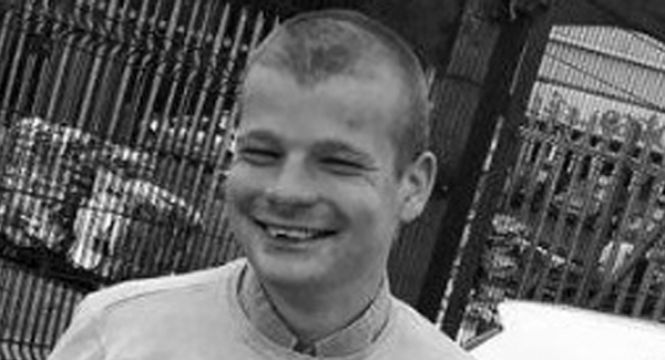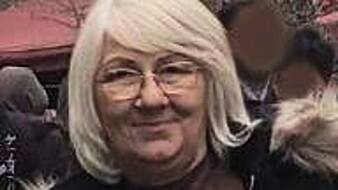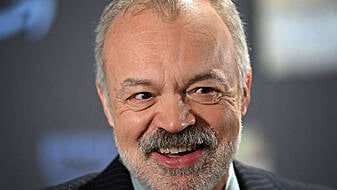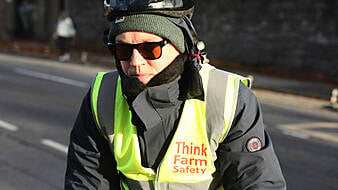A Dublin man accused of stabbing a homeless man 183 times does not suffer from a mental disorder, a psychiatrist has told a murder trial at the Central Criminal Court.
Consultant forensic psychiatrist Dr Brenda Wright said the accused man, Philip Dunbar, was intoxicated at the time of the alleged offence and if he had not been intoxicated, "he would not have behaved as he did." She said he does not qualify for a special verdict of not guilty by reason of insanity or for diminished responsibility through mental illness.
Philip Dunbar (20) of Glenshane Drive, Tallaght, Dublin 24 has pleaded not guilty to the murder of Adam Muldoon (23) at Butler Park in Jobstown Park, Tallaght on June 22nd or June 23rd, 2018. Mr Dunbar has accepted that he carried out the stabbing but told gardai that he has no memory of it.
Dr Wright was called by Mr Dunbar's defence counsel Giollaiosa O'Lideadha SC. She told Mr O'Lideadha that she interviewed Mr Dunbar in February of this year and he told her that in the weeks and months leading up to the stabbing he had been hearing voices and seeing things. He would see outlines of bodies with no faces that would walk through doors. He added: "I was very paranoid with people, thinking mad stuff." He said he would feel "pure awkward" walking into a room, thinking people were talking about him and laughing at him. Sometimes, he said, he heard voices calling his name and telling him to cut himself.
Drugs and drink
He said he would drink alcohol most weekends and if he went to a pub he would drink up to 10 pints. He said he had been smoking cannabis since the age of 12 and started taking pills, including valium and Xanax, at 13 or 14. He said he took five to 15 tablets a day and also detailed his use of the opiate painkiller OxyContin, ecstasy and said he had tried heroin and crack cocaine.
Dr Wright described Mr Dunbar's symptoms as "pseudohallucinations", explaining that such hallucinations are vivid but the person experiencing them knows they are not real. She said his hallucinations and paranoid thoughts are the result of his substance use and added that although abnormal, he does not reach the threshold for psychotic illness.
She said his use of drugs and alcohol was voluntary and he understood the consequences of it. He had also shown an ability to control his drug and alcohol use as he reduced his intake for a period some months prior to the stabbing.
Referring to Mr Dunbar's statement to gardai that he does not remember the stabbing, Dr Wright said that people can experience a total or partial blackout from alcohol or drug use. She said the person would still be able to function to the extent that an observer would not know that they were experiencing a blackout. She said that Mr Dunbar appeared to be describing a "partial blackout" whereby he would get flashbacks of some details.
The psychiatrist concluded by saying that in the absence of a mental disorder she has no further psychiatric recommendations.
Following Dr Wright's evidence the defence closed its case. Mr Justice Paul McDermott told the jury of six men and five women that they will hear closing speeches from the prosecution and defence on Tuesday.







